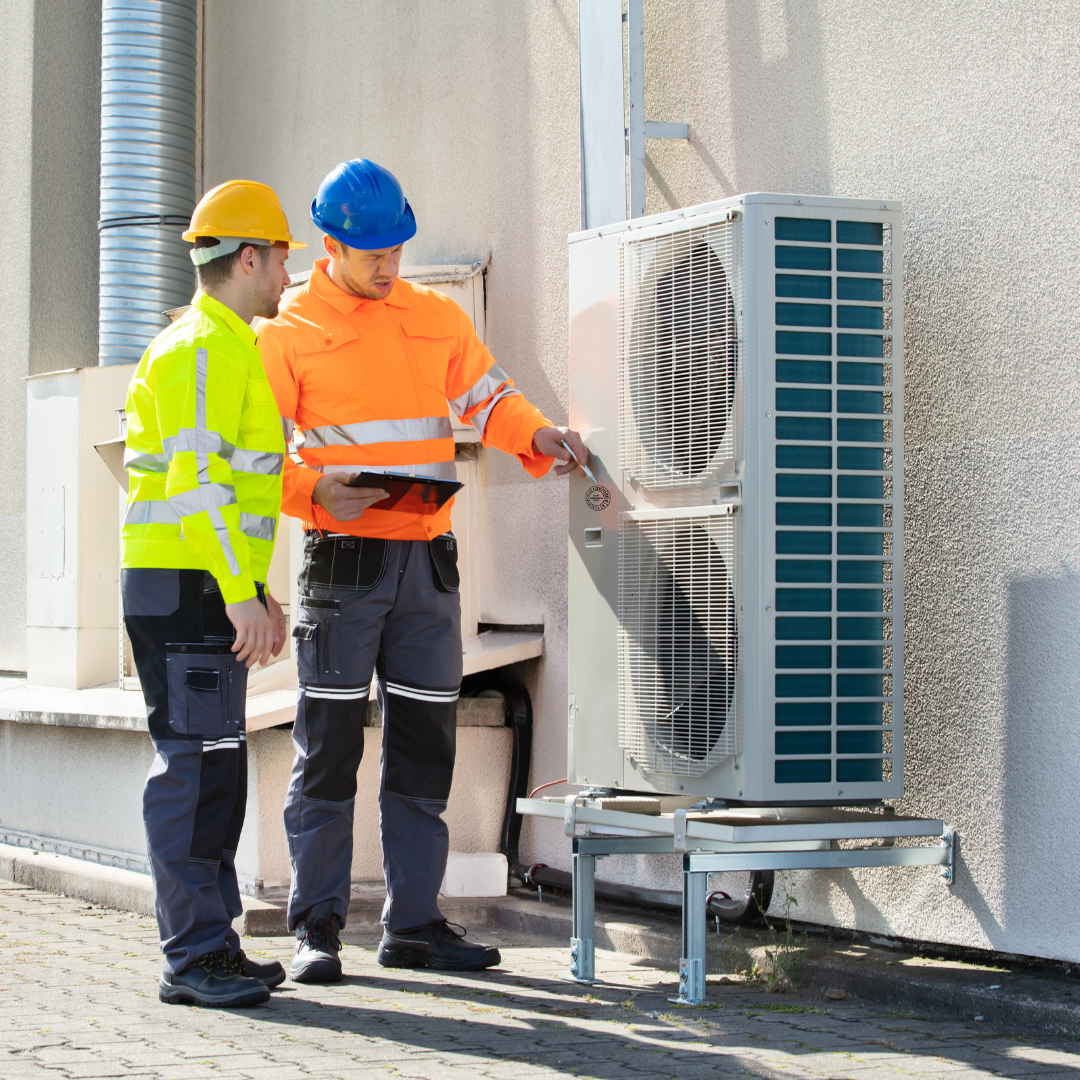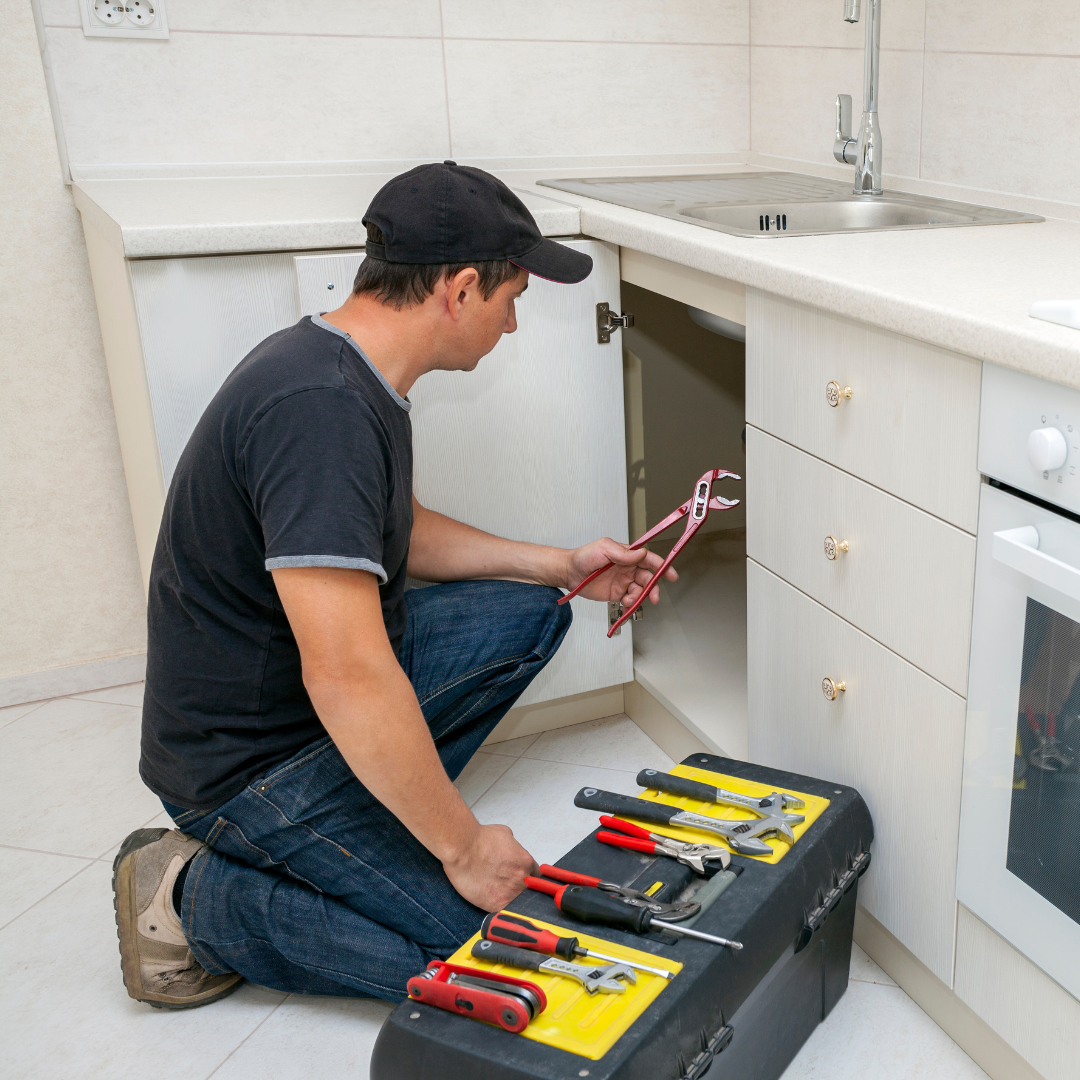Online Certification Classes – Get your Certification in under 90 days
HVAC, Electrical, and Plumbing Courses
Take Charge of Your Career with the Premier Trade School
Fully Online Program
Get Your HVAC Certifications in less than 90 days
Get the training, skills and knowledge employers value
Enroll today and take the first step towards your Success
HVAC, Electrical, and Plumbing Courses
Take Charge of Your Career with the Premier Trade School
Fully Online Program
Get Your HVAC Certifications in less than 90 days
Get the training, skills and knowledge employers value
Enroll today and take the first step towards your Success
Prepare for Success in Trades
The National Advancement Center offers customized support, training, and resources to help students excel in high-demand trades and achieve vocational certifications, setting students up for fulfilling careers in essential industries.
Our programs are ideal for

Career Changers
Adults and recent graduates looking for vocational training in trades to enter a stable, practical career with excellent
job opportunities.

Undecided Explorers
High school and college students considering vocational paths and looking for guidance and resources to make well-informed career choices.

Unfulfilled Workers
Individuals in low-wage positions looking for an affordable online trade program to develop skills and transition into higher-paying, growth-focused careers.
What to Expect from NAC?
We provide affordable, hands-on training that gives you the skills needed to start or grow your career in a trade, all from the convenience of an online platform.

Develop Practical
Skills for Trade
Vocational programs offer essential, hands-on skills in trades that are in high demand.

Increased Earning Opportunities
Pursue careers with competitive pay and potential for income growth through experience and certification

Stability & Security
in Careers
Enter industries with steady job availability and long-term growth, offering a reliable career path.

Financial
Assistance
Accessible financing options to make your education in the trades affordable and stress-free.
Available Vocational Programs

Online Electrical
Technician Program
(4 Week Program)

Online HVAC
Technician Program
(4 Week Program)

Online Plumbing
Technician Program
(4 Week Program)
"The National Advancement Center has been a key factor in helping me reach my HVAC career goals. The hands-on training and individualized support gave me the skills and confidence to succeed in this in-demand field. The certification prep courses were invaluable, and the career guidance provided me with a clear direction. Thanks to NAC’s resources and dedicated staff, I feel fully ready to begin a successful career in HVAC and build a stable future."
Amare L.
HVAC Technician, 2023
Start Your New Career!
A higher-paying, more fulfilling career is just a step away. Contact us today to start your journey towards success in trades.

A higher-paying, more fulfilling career is just a step away. Contact us today to start your journey toward success in trades.
CONTACTS
1309 Coffeen Avenue
STE 1200
Sheridan, WY 82801
(888) 681-7571
LINKS
About Us
Career Services
Financing
Contacts
VOCATIONAL PROGRAMS
Electrical Technician
HVAC Technician
Plumbing Technician